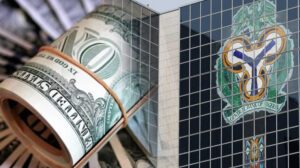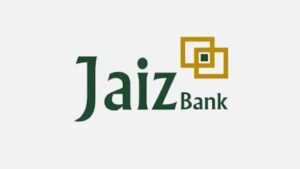

Naira devaluation: Ecobank increases capital buffer by 10% to ensure stability
By Esther Agbo
To fortify its financial standing, Ecobank announced recently that it has secured approval from bondholders to increase its capital buffer by 10 percent. This decision comes as the bank navigates economic pressures exacerbated by the devaluation of the naira, which has put its ability to meet bond obligations at risk.
The bank’s $300 million, 5-year senior bond, issued in 2021 with a 7.125 percent coupon rate per year, faced potential default due to rising inflationary pressures and the naira’s instability.
With the bond’s maturity set for 2026, Ecobank on September 18, 2024, has taken decisive action to prevent a covenant breach and maintain its financial commitments. By boosting its capital adequacy ratio, an indicator of its capacity to absorb losses and withstand financial shocks, the bank is taking proactive measures to ensure long-term stability.
Ecobank’s senior bond, listed on the London Stock Exchange, saw overwhelming interest at its issuance, being oversubscribed by 300 per cent. However, as Nigeria’s economic conditions deteriorated, particularly due to currency devaluation, the bank found itself close to breaching its covenant terms. To counter this, the 10 per cent capital buffer increase will enhance the bank’s financial resilience.
Beyond this, Ecobank has outlined a series of financial manoeuvres to secure its liquidity and meet its obligations. These include plans to inject $10 million into its capital, which will boost its capital adequacy ratio above 200 billion naira.
Additionally, the bank will convert $200 million of dollar-denominated loans into naira to minimise exposure to currency volatility, and redeem promissory notes worth $200 million in tranches, with maturity slated for 2027.
To further solidify its position, Ecobank is preparing to issue an additional $200 million in Tier 1 bonds, which will be rolled out in four tranches. Simultaneously, the bank plans to offload $300 million in risk-weighted assets through loan sales to third-party buyers, aiming to streamline its balance sheet and reduce financial risks.
Despite the challenges, Ecobank has demonstrated strong financial performance in 2024. The bank reported a significant pre-tax profit of N241.9 billion for Q2, a 162 per cent increase from N92.5 billion during the same period in 2023. Net interest income also surged by 160 per cent, contributing to the bank’s solid results.
Additionally, the bank’s cash and cash equivalents experienced a substantial jump, increasing to N5.5 billion from N2.2 billion in 2023.
While Ecobank’s stock experienced a brief dip below N22 in May, the bank’s overall performance remains bullish, with its shares trading at N24 and the potential to reach the high of N26.60 recorded earlier this year.




